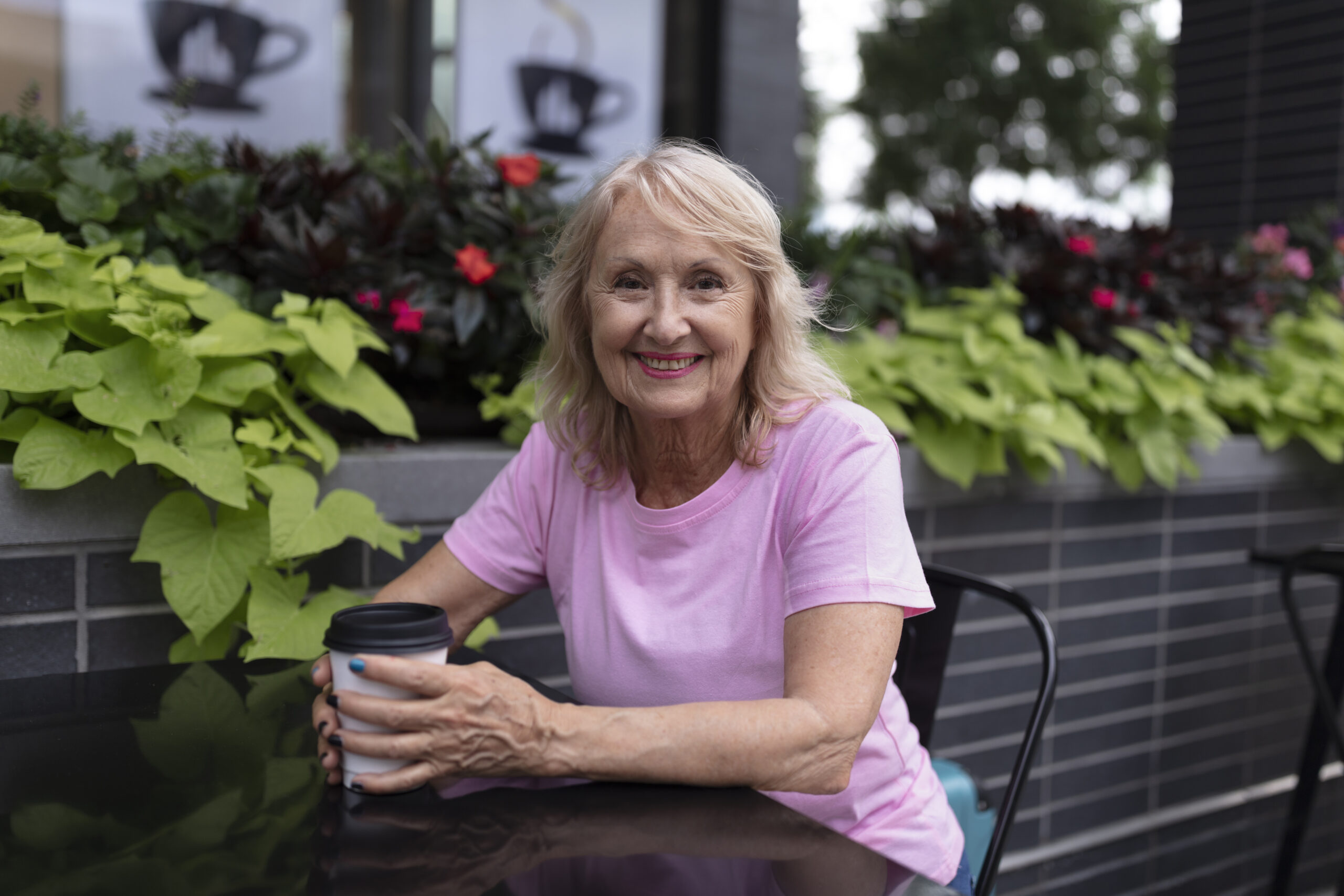Planning an aged care facility tour for your loved one? Learn the key questions to ask to during your visit to ensure the best possible care and comfort.

Aged care facility visit is a crucial step when making decisions about the care and wellbeing of your loved one. It’s an opportunity to see firsthand the environment where they might spend their days and ensure that it meets their needs and expectations. In this comprehensive guide, we’ll walk you through what to ask and observe during an aged care facility visit, empowering you to make informed decisions for your family.
Why put a loved one in aged care facility?
The challenges of caring for an elderly parent or spouse yourself include:
- Constantly being concerned about them falling or having an accident.
- Being nervous to leave them alone, even for an hour.
- Having too much on your plate to be able to care for your loved one the way you would like to.
- Commitments with work or grandchildren.
- Finding the situation too exhausting or stressful.
All the above are valid reasons to start planning to relocate to a residential aged care facility. These facilities are purpose-built to support the needs of seniors who are unable to live independently. They are comfortable, fully staffed and heavily regulated in Australia.
Read more: aged care jargon and basic aged care concepts explained.
Preparing for Your Visit
Before you step foot inside an aged care facility, it’s essential to be prepared. Here’s how:
Schedule Your Visit:
Contact the facility in advance and schedule a visit. This allows staff to allocate time to answer your questions and show you around.
Create a Checklist:
Make a checklist of questions to ask and things to observe during your visit. This ensures you cover all the essential aspects.
Questions to ask During your visit:
asking the right questions is key to gaining a deeper understanding of the facility’s capabilities and culture. Here are some important questions to consider:
Staffing and Care:
- How is the staff-to-resident ratio maintained?
- What qualifications and training do the caregivers have?
- Can staff accommodate specialised care needs, such as dementia care?
- How do staff handle emergencies or medical issues?
Daily Life
- What activities and social programs are available for residents?
- How are meals prepared, and can dietary preferences or restrictions be accommodated?
- Are residents encouraged to maintain personal routines and independence?
Facility Environment
- Is the facility clean and well-maintained?
- Are safety measures in place, such as handrails and emergency call buttons?
- How are rooms and common areas decorated and furnished?
Quality of Life
- Can residents bring personal belongings and decorate their rooms?
- What is the policy for family visits and involvement in care planning?
- Are there opportunities for residents to provide feedback or raise concerns
Cost and Contract
- What are the fees and payment structures?
- Are there any hidden costs or additional charges?
- Can the facility provide a clear breakdown of the financial agreement?
Regulations and Compliance:
- Is the facility accredited and compliant with aged care regulations?
- Have there been any recent inspections or audits, and what were the results?
Observations to MakeIn addition to asking questions, keen observations can provide valuable insights into the facility’s daily operations and overall atmosphere. Pay attention to the following:
Staff Interactions:
Observe how staff interact with residents. Do they treat them with respect, kindness, and patience?
Cleanliness and Safety:
Take note of the cleanliness of common areas, residents’ rooms, and bathroom facilities. Ensure that safety measures are evident.
Residents’ Engagement:
Watch how residents engage in activities, socialise with one another, and their overall level of contentment.
Noise Levels:
Assess the noise levels within the facility. Is it a calm and peaceful environment?
Smells and Odours:
Note any unusual odours or unpleasant smells that may indicate hygiene or cleanliness issues.
Summary of Your Visit
it’s essential to summarise your findings and impressions. Discuss your observations and the answers to your questions with your family and your loved one.
Consider the following:
Pros and Cons:
List the strengths and weaknesses of the facility based on your visit.
Comfort Level:
Evaluate how comfortable and safe your loved one would feel in this environment.
Feedback:
If you encountered any concerns during your visit, provide feedback to the facility. Their response can reveal their commitment to improvement.
Conclusion
Visiting an aged care facility is a vital step in the decision-making process for your loved one’s care. Armed with the right questions and observations, you can make an informed choice that ensures their comfort, safety, and quality of life. Remember, your loved one’s wellbeing is paramount, and thorough visits play a crucial role in achieving that goal.
As you embark on this journey, use this guide as a resource to make the most of your aged care facility visits. Your diligence and dedication will help provide your loved one with the best possible care and support during their golden years.
Aged care is an important and necessary service, but the right decisions must be made when it comes to choosing a facility for your loved one.
Aged Care Decisions assists families at every stage of the aged care or home care journey. We are partnered with over 75% of aged care facilities across Australia. We assist tens of thousands of families each month.










